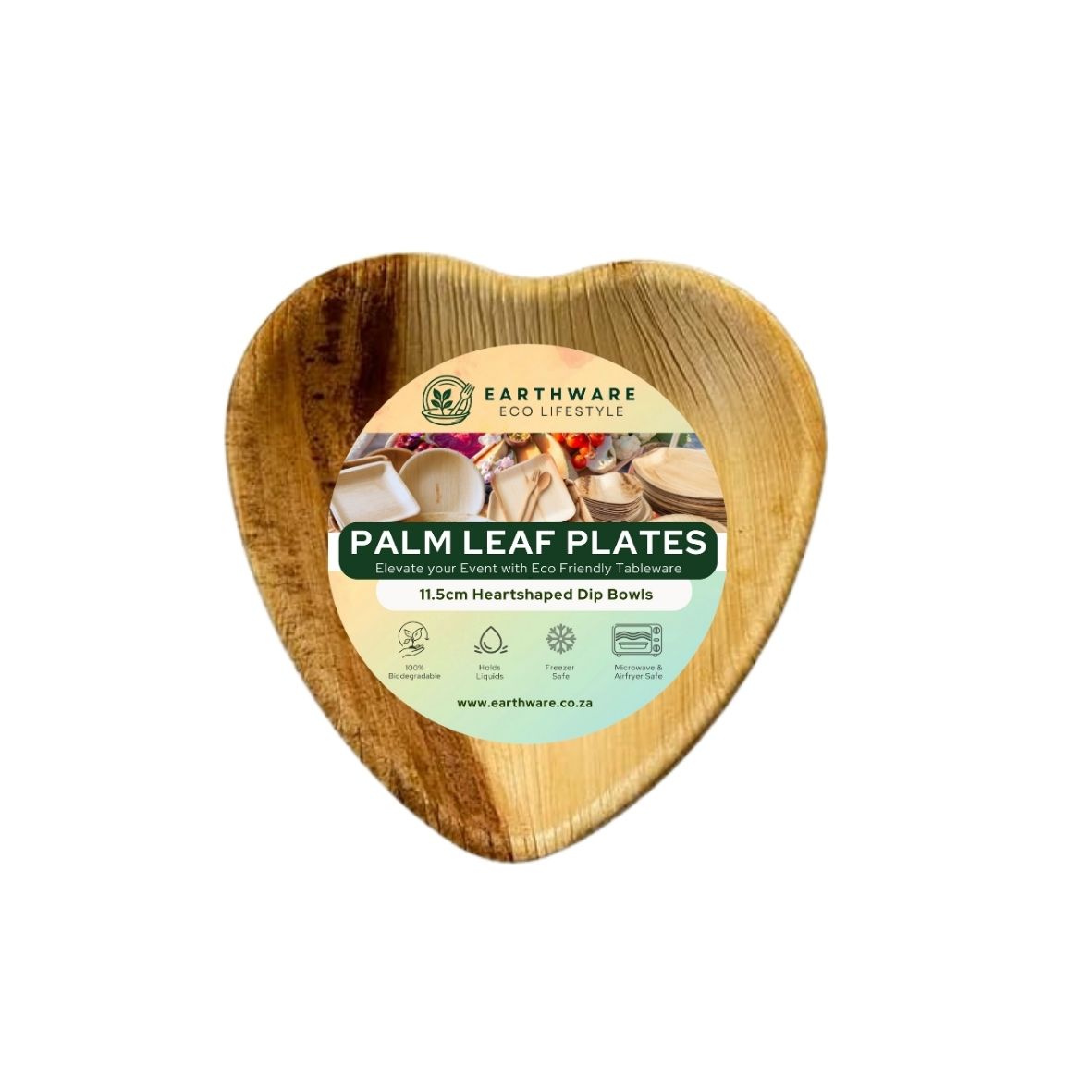Cart
0
Gut health has become a popular topic in recent years, as research continues to reveal just how important it is for overall health and well-being. One of the most significant factors affecting gut health is diet, and there is a growing body of evidence to suggest that consuming organic food may have a positive impact on the health of our digestive system. In this article, we will explore the connection between gut health and organic food.
Before we dive into the specifics of how organic food may impact gut health, it's essential to understand what we mean by "gut health." Our gut, also known as the digestive tract, is home to a complex ecosystem of microorganisms, including bacteria, viruses, fungi, and more. Collectively, these microorganisms are referred to as the gut microbiome, and they play a vital role in our health.
The gut microbiome is involved in a range of physiological processes, from digestion and nutrient absorption to immune function and mental health. Disruptions to the gut microbiome, such as an overgrowth of harmful bacteria, can lead to a range of health problems, including digestive issues, inflammation, and autoimmune disorders.
Organic food refers to food that is grown and processed without the use of synthetic pesticides, herbicides, or fertilizers. Organic farming practices prioritize the use of natural methods to maintain soil health and prevent pests and disease, such as crop rotation, cover cropping, and the use of natural pest predators.
In addition to avoiding synthetic chemicals, organic food is also non-GMO (genetically modified organism) and does not contain antibiotics or growth hormones. Organic meat and dairy products come from animals that have been raised in humane conditions and fed organic feed.
There are several ways in which consuming organic food may support gut health. Firstly, organic farming practices prioritize soil health, which is essential for the growth of healthy crops. Healthy soil is teeming with beneficial microorganisms, which can help to support the gut microbiome when consumed.
Secondly, organic food is free from synthetic pesticides, herbicides, and fertilizers. Many of these chemicals have been shown to disrupt the gut microbiome and promote the growth of harmful bacteria. By avoiding these chemicals, organic food may help to support a healthy balance of gut microorganisms.
Thirdly, organic food is non-GMO and does not contain antibiotics or growth hormones. GMO crops have been shown to have a negative impact on the gut microbiome, while antibiotics and growth hormones in animal products can also disrupt gut health.
Finally, organic meat and dairy products come from animals that have been raised in humane conditions and fed organic feed. This means that these products are less likely to contain harmful chemicals or antibiotics, which can negatively impact gut health.
The gut microbiome is a complex ecosystem of microorganisms that plays a vital role in our health. By consuming organic food, we may be able to support the health of our gut microbiome, which in turn may have a positive impact on our overall health and well-being. While more research is needed to fully understand the link between organic food and gut health, the evidence suggests that choosing organic may be a wise choice for those looking to prioritize their digestive health.
What is Gut Health?
Before we dive into the specifics of how organic food may impact gut health, it's essential to understand what we mean by "gut health." Our gut, also known as the digestive tract, is home to a complex ecosystem of microorganisms, including bacteria, viruses, fungi, and more. Collectively, these microorganisms are referred to as the gut microbiome, and they play a vital role in our health.
The gut microbiome is involved in a range of physiological processes, from digestion and nutrient absorption to immune function and mental health. Disruptions to the gut microbiome, such as an overgrowth of harmful bacteria, can lead to a range of health problems, including digestive issues, inflammation, and autoimmune disorders.
What is Organic Food?
Organic food refers to food that is grown and processed without the use of synthetic pesticides, herbicides, or fertilizers. Organic farming practices prioritize the use of natural methods to maintain soil health and prevent pests and disease, such as crop rotation, cover cropping, and the use of natural pest predators.
In addition to avoiding synthetic chemicals, organic food is also non-GMO (genetically modified organism) and does not contain antibiotics or growth hormones. Organic meat and dairy products come from animals that have been raised in humane conditions and fed organic feed.
How Organic Food Supports Gut Health
There are several ways in which consuming organic food may support gut health. Firstly, organic farming practices prioritize soil health, which is essential for the growth of healthy crops. Healthy soil is teeming with beneficial microorganisms, which can help to support the gut microbiome when consumed.
Secondly, organic food is free from synthetic pesticides, herbicides, and fertilizers. Many of these chemicals have been shown to disrupt the gut microbiome and promote the growth of harmful bacteria. By avoiding these chemicals, organic food may help to support a healthy balance of gut microorganisms.
Thirdly, organic food is non-GMO and does not contain antibiotics or growth hormones. GMO crops have been shown to have a negative impact on the gut microbiome, while antibiotics and growth hormones in animal products can also disrupt gut health.
Finally, organic meat and dairy products come from animals that have been raised in humane conditions and fed organic feed. This means that these products are less likely to contain harmful chemicals or antibiotics, which can negatively impact gut health.
Our Conclusion
The gut microbiome is a complex ecosystem of microorganisms that plays a vital role in our health. By consuming organic food, we may be able to support the health of our gut microbiome, which in turn may have a positive impact on our overall health and well-being. While more research is needed to fully understand the link between organic food and gut health, the evidence suggests that choosing organic may be a wise choice for those looking to prioritize their digestive health.









